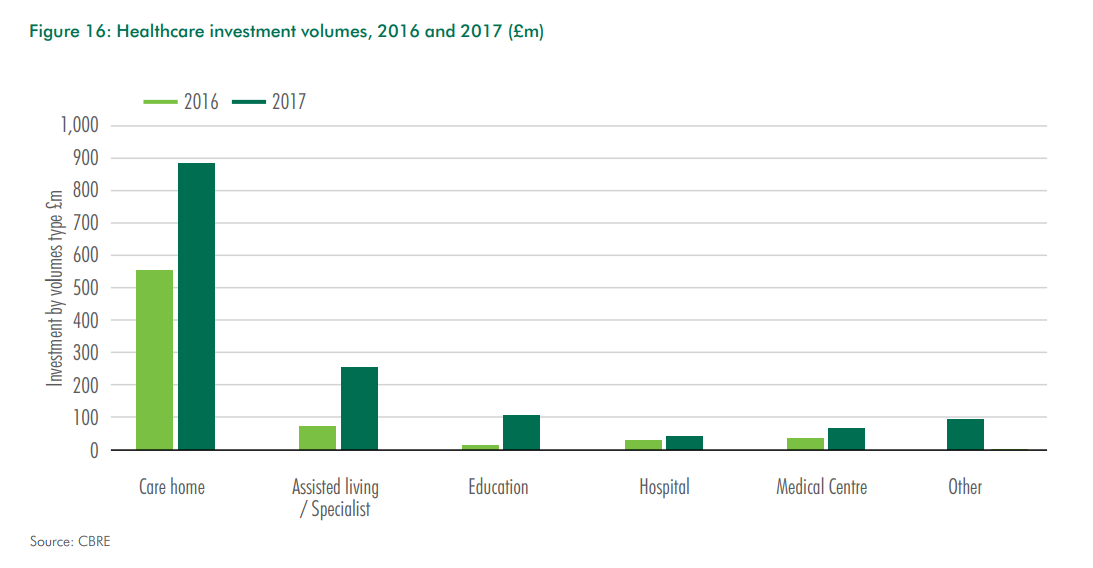Investing in real estate has long been a popular choice for many investors looking to diversify their portfolios and generate passive income. While residential and commercial properties are often the go-to options, industrial real estate investment trusts (REITs) have recently gained significant attention.
These specialized REITs focus on owning and operating industrial properties such as warehouses, distribution centers, and manufacturing facilities. In this article, we will explore the world of industrial real estate REITs, highlighting their advantages, risks, and key players in the market.
Whether you’re a seasoned investor or just starting to learn about investing, understanding industrial real estate REITs can open up new opportunities for your portfolio.
Let’s dive in!
Understanding Industrial Real Estate REITs
Industrial real estate investment trusts (REITs) specialize in owning and leasing properties used for industrial purposes, such as warehouses and logistics centers. These properties serve as hubs for transportation, distribution, and manufacturing activities.
Key characteristics of industrial REITs include long-term lease agreements with tenants, providing stable rental income. They also benefit from the growing demand for e-commerce and supply chain logistics. Industrial REITs offer investors exposure to a sector poised for continued growth in the modern economy.
Investing in industrial real estate REITs offers several advantages for investors. Firstly, it provides diversification and stability to portfolios by spreading risk across different asset classes. Industrial properties have longer lease terms, ensuring a more stable income stream.
Secondly, industrial real estate REITs generate passive income through regular dividend distributions and often offer higher yields compared to other types of real estate investments. Lastly, investing in these REITs allows participation in long-term capital appreciation opportunities without the need to directly manage physical properties.
Overall, industrial real estate REITs provide diversification, passive income, and potential for growth in portfolios.
Risks Associated with Investing in Industrial Real Estate REITs
Investing in industrial real estate REITs comes with its fair share of risks that investors should carefully consider. One significant risk is the impact of market fluctuations and economic downturns on the demand for industrial properties.
During times of recession or economic instability, businesses may downsize or reduce their need for warehouse space. This can result in increased vacancy rates and potential declines in rental income for industrial real estate REITs.
Another risk associated with these REITs is tenant risk and vacancy rates. The performance of industrial real estate REITs heavily relies on their ability to attract and retain quality tenants. If a major tenant were to vacate a property, it could lead to increased vacancy rates and potentially lower rental income until a new tenant is secured.
To mitigate this risk, thorough due diligence is necessary to assess tenants’ financial health and industry outlook.
Interest rate sensitivity is yet another factor that can affect industrial real estate REITs. These REITs can be sensitive to changes in interest rates. When interest rates rise, borrowing costs for these REITs may increase, potentially impacting their profitability and future growth prospects.
Investors should closely monitor interest rate trends and consider how they may affect the overall performance of industrial real estate REITs in their investment portfolios.
In summary, investing in industrial real estate REITs presents risks such as market fluctuations and economic downturns impacting demand, tenant risk leading to higher vacancy rates, and interest rate sensitivity affecting borrowing costs.
It is important for investors to thoroughly evaluate these risks before making investment decisions in order to protect their portfolios from potential adverse effects.
5 Industrial REITs to Consider in 2023
Industrial real estate investment trusts (REITs) have become increasingly attractive in the market. These specialized trusts focus on industrial properties like warehouses and manufacturing facilities, which are in high demand due to e-commerce and logistics growth.
In this section, we will explore five prominent industrial REITs worth considering for investment in 2023.
Starting with Company 1, their diverse portfolio of industrial properties across different regions has led to strong financial performance. Company 2 has also positioned itself as a leader with a range of property types and innovative leasing strategies.
Company 3, known for its sustainable practices and technological advancements, has built an extensive portfolio over the years.
Moving forward, Company 4 stands out with its adaptive approach to market trends and consumer demands. Lastly, Company 5 offers a mix of industrial properties in high-demand locations and has established itself as a trusted player in the industry.
Analyzing these five industrial REITs can provide valuable insights into potential opportunities in this sector. However, it is important to conduct thorough research and seek professional guidance before making any investment decisions.
Please note that this information is for educational purposes only and does not constitute financial advice.
Related Investing Topics to Consider
Advancements in technology and environmental sustainability are key factors investors should consider when analyzing industrial real estate investment trusts (REITs).
Technology Impact: Automation and artificial intelligence have revolutionized the industrial sector, increasing the demand for technologically advanced facilities. Industrial REITs need to invest in properties equipped with cutting-edge technology to attract tenants and stay competitive.
Environmental Sustainability: Businesses now prioritize sustainable practices, including their choice of real estate properties. Industrial REITs are incorporating eco-friendly initiatives such as energy-efficient lighting and renewable energy sources to attract environmentally conscious tenants.
Understanding these topics is essential for investors seeking to align their portfolios with market trends and maximize returns.
Conclusion
[lyte id=’SMtczP7HHfw’]




